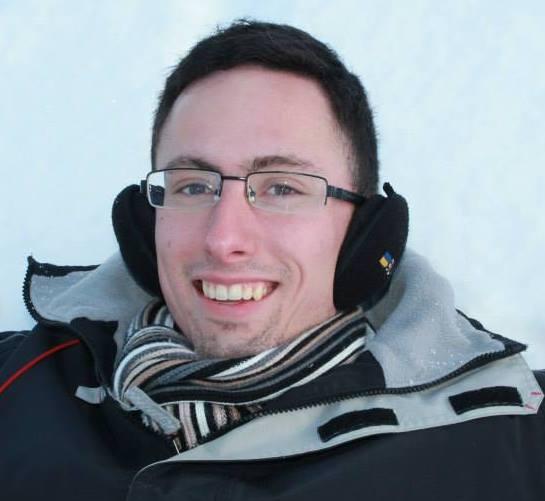Fernando Chaguaceda
Forskare vid Institutionen för ekologi och genetik; Limnologi
- E-post:
- fernando.chaguaceda@ebc.uu.se
- Besöksadress:
- Evolutionsbiologiskt centrum (EBC)
Norbyvägen 18 D
752 36 Uppsala - Postadress:
- Norbyvägen 18 D
752 36 Uppsala
Mer information visas för dig som medarbetare om du loggar in.
Kort presentation
Denna text finns inte på svenska, därför visas den engelska versionen.
Terrestrial organic carbon (tOC) is an important energy source and structuring factor in temperate-boreal lakes. Increasing trends of this carbon pool in the environment due to climate change, reversed acidification or land use changes bring the necessity to know how lakes are going to behave in the future and which services will provide to society. Food webs are a good framework to study lake community responses to tOC or other potential stressors in a changing environment.
Biografi
Denna text finns inte på svenska, därför visas den engelska versionen.
My main interest is to investigate these lakes’ food webs and the efficiency of the energy transfer across the different trophic levels in response to different tOC sources and concentrations. Terrestrial organic carbon is considered to be a low food quality source that lacks essential molecules for the survival and growth of lake animals. However, the effect of this deficiency to higher trophic levels is yet to be understood, especially since tOC can have complex indirect effects on the food web (e.g. by decreased light penetration and enhanced stratification) that are likely to feed-back on the food transfer efficiency process. Furthermore, little is known about whether or how organisms are able to adapt to lower food quality driven by tOC. In my PhD project, I will combine different trophic markers (e.g. gut content, fatty acids and stable isotopes), food quality markers (e.g. polyunsaturated fatty acids PUFA, cholesterol) and production estimates in each compartment, in lab and lake studies. The results will contribute to (1) high-resolution lake food webs along tOC gradients and (2) knowledge on direct or indirect terrestrial carbon effects on lake food quality and food transfer efficiency, leading to an increased understanding of mechanisms driving fish production and fish fitness.

